The 9/11 Wars: Looking Back, Moving Forward
Twenty years after the 9/11 terrorist attacks, America has finally ended the war in Afghanistan — but many of the leaders, ideas, and incentives that sustained our failed nation-building project remain. On Friday, September 10th, the Quincy Institute for Responsible Statecraft will bring together government officials, journalists, and foreign policy experts for a series of virtual discussions about the two decades of American militarism that 9/11 spurred. Join us as we explore what lessons, if any, America has learned from the war in Afghanistan and how we can avoid repeating the same costly mistakes.
Will the Failure in Afghanistan Change U.S. Foreign Policy?
America’s shifting foreign policy consensus and the future of global engagement Andrew Bacevich — President, Quincy Institute for Responsible Statecraft Anne-Marie Slaughter — CEO, New America Peter Beinart — Editor-At-Large, Jewish Currents Moderated by Trita Parsi, Executive-Vice President, Quincy Institute for Responsible Statecraft LIVE at 9:00-10:00 AM EST
Could the War Possibly Have Been Won?
How twenty years of failed counterinsurgency paved the road to the Kabul airport Azmat Khan — Assistant Professor, Columbia Journalism School Carter Malkasian — Author of The American War in Afghanistan: A History Barnett Rubin — Associate director, New York University’s Center on International Cooperation Moderated by Adam Weinstein, Research Fellow, Quincy Institute for Responsible Statecraft LIVE at 10:00-11:00 AM EST
How Did the Afghan War Become Endless, and How Do We Avoid this Trap Going Forward?
Dismantling Washington’s incentives for endless war Senator Chris Murphy in conversation with Andrew Bacevich LIVE at 11:00-11:30 AM EST WATCH ON FACEBOOK
Watch on YouTube:
Program
Panelists
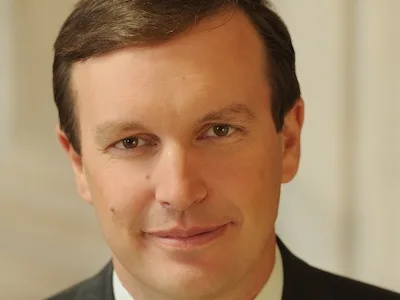
Sen. Chris Murphy
Chris Murphy is a United States Senator for Connecticut. Senator Murphy has been a strong voice in the Senate fighting for affordable health care, sensible gun laws and a forward-looking foreign policy. As a member of the Foreign Relations Committee, he has been an outspoken proponent of diplomacy, international human rights and the need for clear-eyed American leadership abroad. Murphy currently serves as the Chairman of the Subcommittee on Near East, South Asia, Central Asia and Counterterrorism.
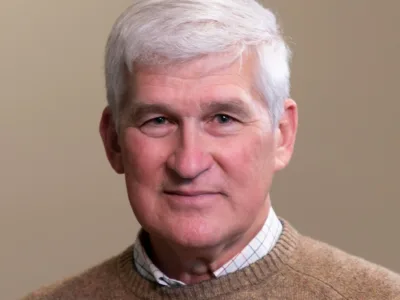
Andrew Bacevich
Andrew J. Bacevich is the President of the Quincy Institute. He graduated from West Point and Princeton and served in the army for 23 years, prior to an academic and writing career. Among his dozen books are: After the Apocalypse: America's Role in a World Transformed; The Limits of Power: The End of American Exceptionalism; Washington Rules: America’s Path to Permanent War; America’s War for the Greater Middle East; and The Age of Illusions: How America Squandered Its Cold War Victory. He is professor emeritus of international relations and history at Boston University.
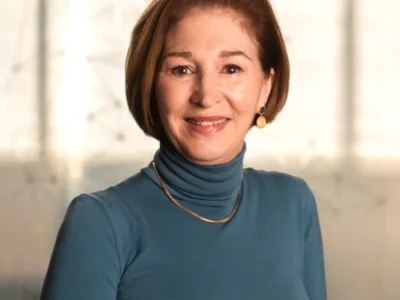
Anne-Marie Slaughter
Anne-Marie Slaughter is the CEO of New America, a think and action tank dedicated to renewing the promise of America, bringing us closer to our nation’s highest ideals. She is also the Bert G. Kerstetter '66 University Professor Emerita of Politics and International Affairs at Princeton University. From 2009–2011, she served as director of policy planning for the United States Department of State, the first woman to hold that position. Upon leaving the State Department she received the Secretary’s Distinguished Service Award for her work leading the Quadrennial Diplomacy and Development Review, as well as meritorious service awards from USAID and the Supreme Allied Commander for Europe. Prior to her government service, Dr. Slaughter was the Dean of Princeton University's School of Public and International Affairs (formerly the Woodrow Wilson School) from 2002–2009 and the J. Sinclair Armstrong Professor of International, Foreign, and Comparative Law at Harvard Law School from 1994-2002.
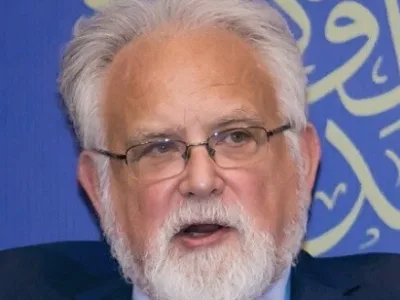
Barnett R. Rubin
Barnett R. Rubin is a non-resident senior fellow at the Quincy Institute and associate director of New York University’s Center on International Cooperation, where he also directs the Afghanistan Regional Project. From April 2009 until October 2013, Dr. Rubin was the senior adviser to the Special Representative for Afghanistan and Pakistan at the U.S. Department of State. He previously served as special advisor to the UN Special Representative of the Secretary General for Afghanistan, during the negotiations that produced the Bonn Agreement. He subsequently advised the United Nations Assistance Mission in Afghanistan on the drafting of the constitution of Afghanistan, the Afghanistan Compact and the Afghanistan National Development Strategy. From 1994 to 2000, Dr. Rubin was director of the Center for Preventive Action and director of Peace and Conflict Studies at the Council on Foreign Relations in New York.
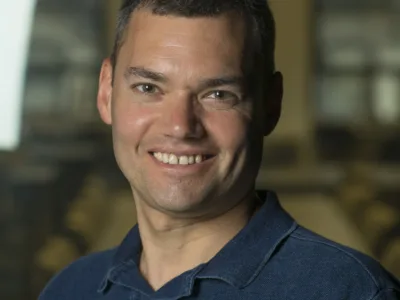
Peter Beinart
Peter Beinart contributes frequently to The New York Times, is editor-at-large of Jewish Currents and writes The Beinart Notebook on Substack.com. He is a professor of journalism and political science at The Newmark School of Journalism at the City University of New York. He is also a non-resident fellow at the Foundation for Middle East Peace and a CNN political commentator. His work centers on the nexus of domestic and foreign policy and politics. From 1999 to 2006 he was the editor of The New Republic. His books include The Good Fight, The Icarus Syndrome and The Crisis of Zionism. He recently wrote a New York Times op-ed on U.S. sanctions entitled: "America's Other Forever War."
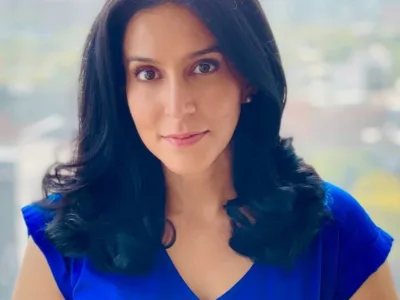
Azmat Khan
Azmat Khan is an award-winning investigative journalist, a New York Times Magazine Contributing Writer, a Carnegie Fellow, and an assistant professor of journalism Columbia University. She is currently writing a book for Random House investigating America's air wars. Her investigations for The New York Times Magazine, the PBS series FRONTLINE, and BuzzFeed's Investigations team have exposed major myths of war, prompting widespread policy impact from Washington to Kabul, and winning nearly a dozen awards.
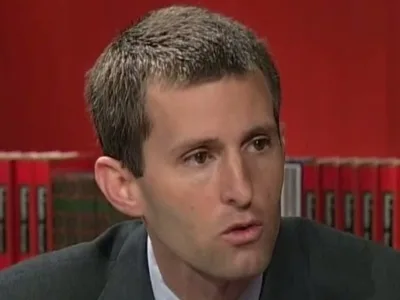
Carter Malkasian
Dr. Carter Malkasian was the special assistant for strategy to Joint Chiefs of Staff Chairman Gen. Joseph Dunford, from 2015 to 2019. He has extensive experience working in conflict zones. He spent nearly two years in Garmser district, Helmand province, Afghanistan, as a State Department political officer. Before that, he deployed as a CNA civilian advisor with the Marines, twice to Iraq's al-Anbar province, for a total of 18 months, in 2004 and 2006. From May 2012 to May 2013, From October 2006 to July 2009, he directed the Stability and Development Program at CNA. Dr. Malkasian received his undergraduate degree from the University of California, Berkeley, and completed his doctorate in history at Oxford University.
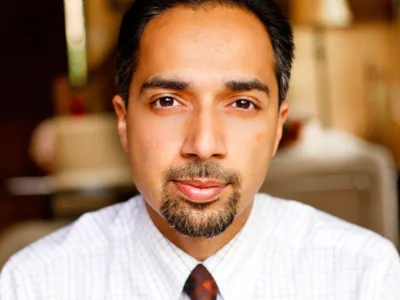
Trita Parsi
Trita Parsi, PhD, is an award-winning author and the 2010 recipient of the Grawemeyer Award for Ideas Improving World Order. He is an expert on US-Iranian relations, Iranian foreign politics, and the geopolitics of the Middle East. He has authored three books on US foreign policy in the Middle East, with a particular focus on Iran and Israel. He is the co-founder and former President of the National Iranian American Council. He received his PhD in foreign policy at Johns Hopkins’ School for Advanced International Studies, a Master's Degree in International Relations from Uppsala University, and a Master's Degree in Economics from the Stockholm School of Economics.
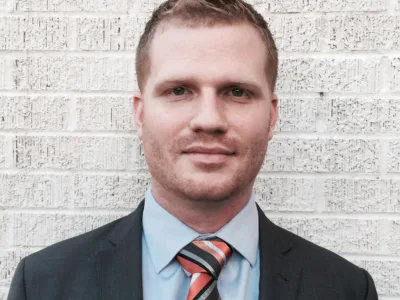
Adam Weinstein
Adam Weinstein is a Research Fellow at the Quincy Institute. He previously worked for KPMG’s international trade practice. Adam’s current research focuses on security, trade, and rule of law in Afghanistan and Pakistan. He is a member of the American Pakistan Foundation’s Leadership Council, and previously worked as senior law and policy analyst at the National Iranian American Council where he focused on the securitization of U.S. immigration policy and its effect on immigrant communities. He received a JD from Temple University Beasley School of Law with a concentration in international law and transitional justice. Adam served as a U.S. Marine and deployed to Uruzgan Province Afghanistan in 2012.
